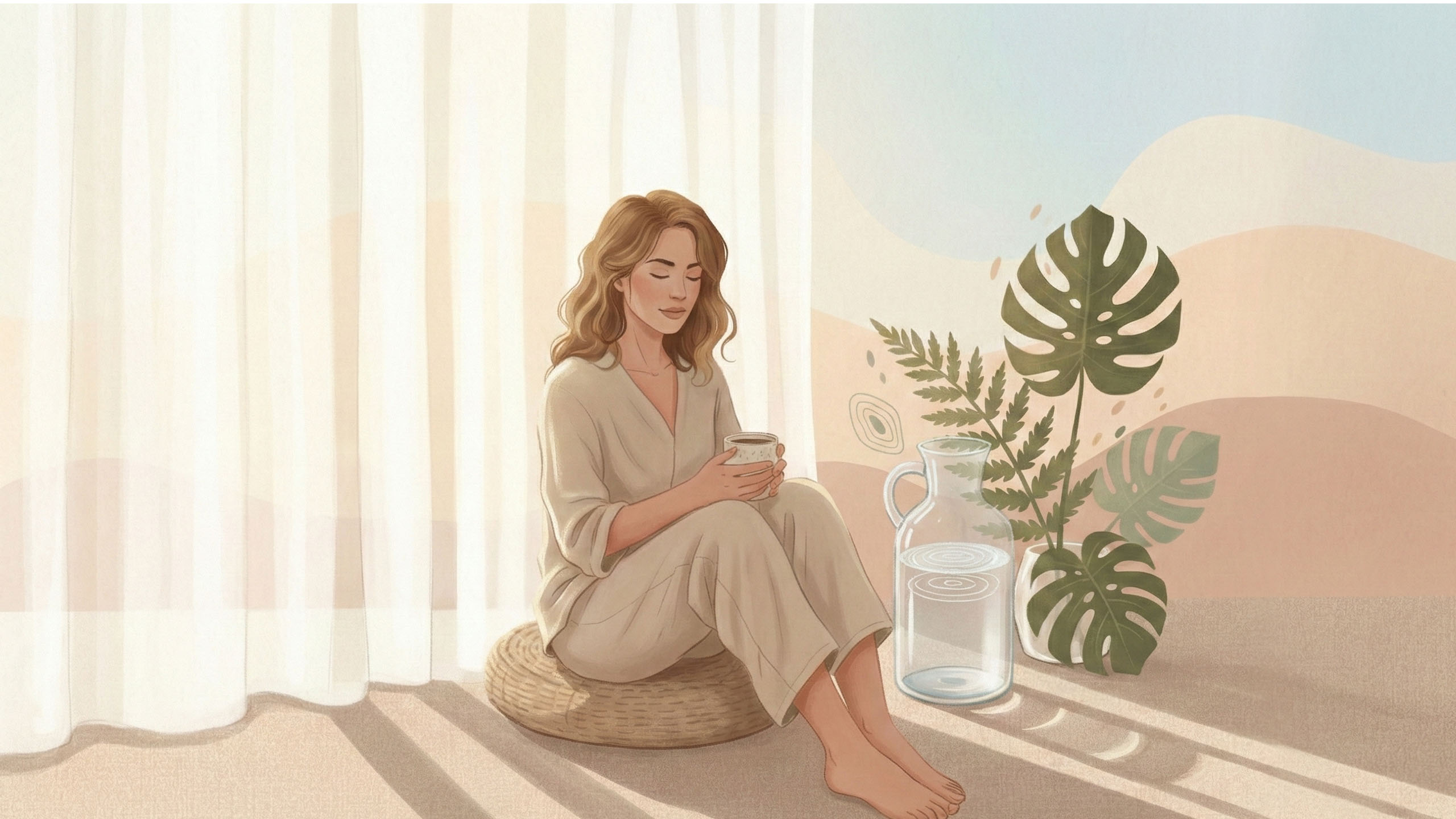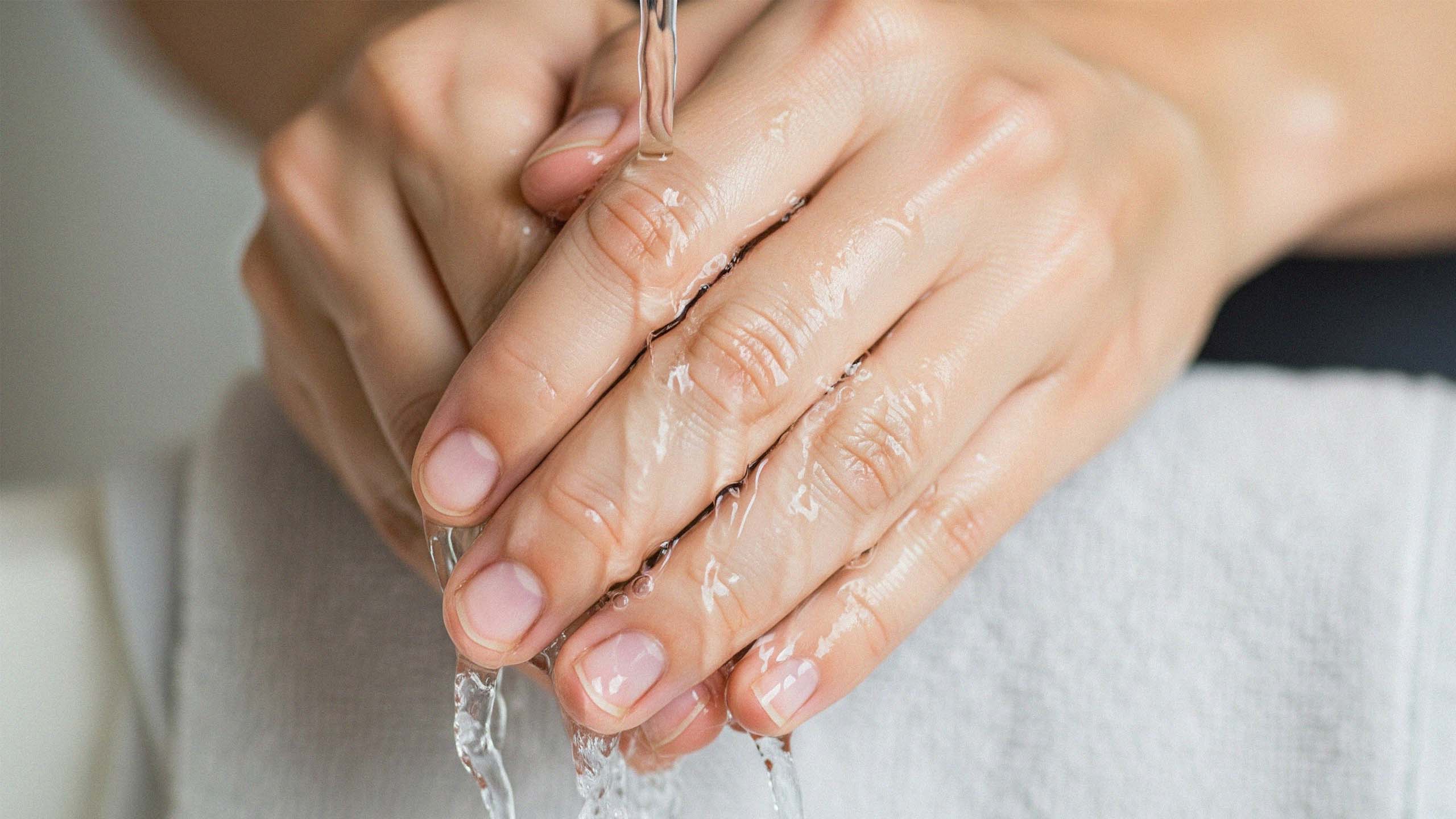Why Your Vulva Needs Fresh Air: A Practical Guide to Better Intimate Health

Most women spend their entire day with their vulva covered in layers of fabric—underwear, tights, pants, and sometimes shapewear. While clothing is essential for protection and comfort, keeping this area constantly confined can lead to issues such as irritation, odor, and even infections. Your vulva is a delicate part of your body that thrives in a balanced environment, and part of that balance comes from exposure to fresh air.
In this guide, we’ll explain why allowing your vulva to breathe is important, the benefits of regular airflow, and practical tips on how to make this a part of your daily routine without sacrificing comfort or modesty.
Why Airflow Matters for Vulvar Health
The vulva is the external part of the female genitalia, and it naturally requires a dry, breathable environment to stay healthy. When the area is constantly covered, especially in tight or synthetic clothing, heat and moisture build up. This combination creates the perfect conditions for bacteria and yeast to grow, which can lead to:
-
Unpleasant Odor – Sweat and moisture trapped against the skin can cause strong, lingering smells.
-
Skin Irritation – Friction from tight fabrics or dampness can lead to redness, itching, and discomfort.
-
Infections – Conditions like yeast infections or bacterial vaginosis are more likely to develop in a warm, moist environment.
Your body wasn’t designed to keep this area fully sealed all the time. Historically, before modern underwear and tight clothing, airflow to this area was natural. Today, with lifestyle changes and synthetic fabrics, most women rarely allow their vulva to breathe freely.
Benefits of Allowing Your Vulva to Get Fresh Air
1. Reduces Moisture and Heat Build-Up
Air circulation helps keep the vulva dry, reducing the risk of fungal and bacterial overgrowth. Moisture trapped against the skin can upset the natural balance of the vaginal area, which thrives in a slightly acidic, dry environment externally.
2. Supports Natural Odor Control
When air can circulate freely, sweat and natural secretions evaporate rather than becoming trapped in clothing. This helps maintain a neutral, natural scent without the need for perfumes or harsh products that can irritate sensitive skin.
3. Prevents Friction and Irritation
Tight clothing can cause rubbing and chafing, especially during warmer months or after exercise. Exposing the area to air helps the skin recover and reduces ongoing friction that leads to discomfort.
4. Promotes Overall Comfort and Well-Being
Many women report feeling more comfortable and less “stuffy” when they allow their vulva to breathe regularly. It’s a simple practice that contributes to long-term comfort and confidence.
Practical Ways to Let Your Vulva Breathe
Go Underwear-Free at Home and outside
When you’re wearing a long skirt, a loose dress, or relaxing at home or even outdoors, skip the underwear for a while. This allows airflow without compromising modesty.
Sleep Without Underwear or Pajamas
Nighttime is the perfect opportunity to let your vulva breathe. Ditching underwear while sleeping is a discreet and effective way to keep the area healthy, especially after a day in tight clothing.
Dry Thoroughly After Bathing
After a shower or bath, take a few extra minutes to let the area air-dry completely before dressing. Patting dry with a towel is good, but giving it time to dry naturally helps prevent trapped moisture.
Choose Breathable Fabrics
If going without underwear feels uncomfortable, opt for cotton or moisture-wicking fabrics. These materials allow better airflow than synthetics like polyester or nylon.
| Aspect | Regular Airflow | Constant Coverage |
|---|---|---|
| Moisture Levels | Dry and balanced | High, prone to sweat |
| Odor Control | Natural and neutral | Higher risk of odor and smelly |
| Infection Risk | Lower | Higher (yeast, BV) |
| Skin Comfort | Minimal friction | Possible chafing |
How Often Should You Do This?
Ideally, give your vulva some fresh air daily, even if only for 15 to 30 minutes at home or while you sleep. Regular exposure to air is not just a comfort measure—it’s a health habit that supports your body’s natural balance.
Making It Normal: A Lifestyle Shift We Need
Currently, many women feel that going without underwear or spending time nude at home is taboo or “strange.” In reality, it’s a natural and healthy practice that supports intimate well-being. Society should move toward normalizing these habits as part of everyday self-care.
Letting the vulva breathe should be seen in the same light as brushing your teeth or washing your face—an essential routine for maintaining health and comfort. At the very least, it should be encouraged as a normal, acceptable choice at home. When something is good for the body and poses no harm, making it socially acceptable benefits everyone.
Final Thoughts
Your vulva deserves care and attention just like any other part of your body. Allowing it to breathe regularly helps prevent common issues such as odor, irritation, and infections. These small adjustments—sleeping without underwear, letting the area dry after bathing, and wearing looser clothing when possible—can make a big difference in your comfort and overall health.
Normalizing these habits will allow women and girls to feel comfortable taking care of their bodies in the most natural way possible. It’s time to recognize that the vulva wasn’t designed to be confined 24/7—it was designed to breathe.
Disclaimer: The articles and information provided by the Vagina Institute are for informational and educational purposes only. This content is not intended to be a substitute for professional medical advice, diagnosis, or treatment. Always seek the advice of your physician or another qualified health provider with any questions you may have regarding a medical condition.


 Deutsch
Deutsch  English
English  Español
Español  Français
Français 




